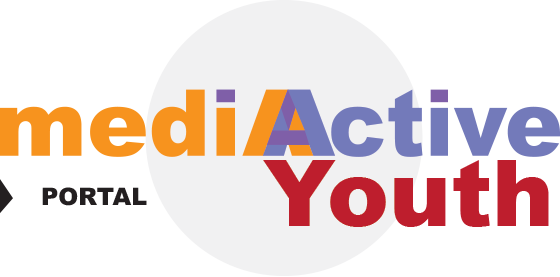21/06/2016
The Media and Discrimination of Disabled Persons
What does the media gate protect?
The key goes into the lock. The doors open.
Some media mistakes made out of “good intentions” are easily forgotten.
It is more troublesome when mistakes are repeated. For the reasons such as: the lack of experience, ignorance, the authorities’ inability to change the situation…
Scandals. People are crewing for scandals, so they are fed by overemphasized “emotions”.
The media are the seventh force, the media create public opinion, the media are creative. They are a body with a charisma, we listen to them, we are soaked in them, they play a perfidious game with our minds, they influence our voice.
The media are the usual suspects for our change of styles, behavior, speech, even those more intimate things...
Such an influence! Vertigo. And then, but only occasionally…
Waking up.
Good intentions of the media are usually pathetic. And being pathetic follows from pity. And that is by no means empathy.
"We are tired of statistics, cases, wonderfully brave examples in the world, all these great events that someone finances…". Thirty years ago this was written by Paul Hunt, probably the most influential British writer and activist. Paul was a person with disability.
The book Stigma that he edited talks about the influence of the mass media on this discrimination. As Paul easily explained, it is very common for the media to step away from their “sacred” code of journalism. Namely, he simply exemplified that hate speech, discrimination and politically incorrect language are still circulating in the media.
That is the crucial fact that persons with disability have significantly lower standard of life from those without disabilities.
An CSO tackling issues of discrimination explained in their research that legislation shows how types of discrimination that disabled persons face is not simply a matter of personal, individual prejudices, but has been institutionalized at the very core of our society.
Institutionalized forms of discrimination –attitudes and policies that negate equal opportunities for the disabled persons, are visible in education, job market, social services system, environment, free time industry and politics; in the books, movies, television, newspapers and commercials.
Disabled persons have identified those most recurring stereotypes in the mass media. These include: a disabled person as pathetic and pitiful, as an object of curiosity and violence, as dark and evil even, as a super cripple, as asexual, and ultimately as unable to participate in an everyday life.
These stereotypes are especially visible on the television, in printed media and in all media forms actually.
In the movies, even, disabled persons have too often been portrayed as bad guys or criminals, but that is a different story.
We have lost the key. Let us open these doors...
Hajdana Simović, Montenegro




















































































































































